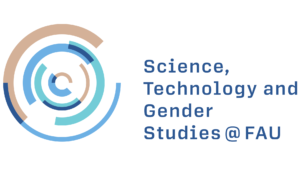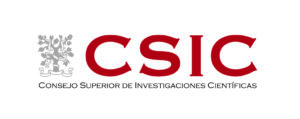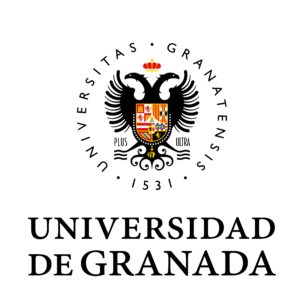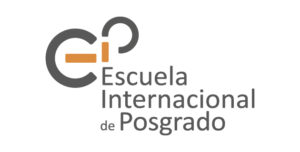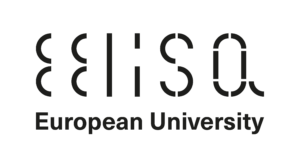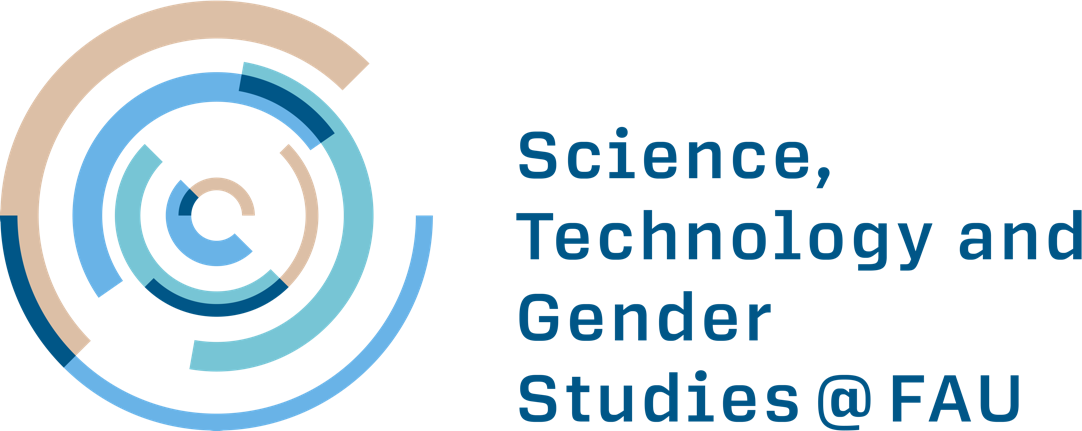His-GenderGap – International Summer School on Gender and Science
International Summer School on Gender and Science
Download the program
Coordinated by Maria Rentetzi (FAU) and Sofia Costa D’Aguiar (EELISA).
According to the 2021 edition of the European Commission’s She Figures report––the main source of pan-European, comparable statistics on the state of gender equality in research and innovation––there has been considerable progress in gender parity with regard to doctoral graduates in STEM subjects. However, there is still a clear gender gap in the majority of EU countries when it comes to professionals in the sciences, engineering, and information/communication technologies. Despite the persistent efforts of individual universities, university alliances, and the gender policies of the EU, gender equality is not yet fulfilled. His-GenderGap, an International Summer School on Gender and Science, aims to place these efforts in a historical context and create a formative space for early career scholars to exchange their academic work in progress.
When? May 29 – June 2, 2023
Where? Universidad de Granada, Spain
Who? Up to 20 early-career scholars (PhD candidates or Postdocs) in gender science studies, science and technology studies, history of science/technology/medicine or any related fields
What is covered? Allowance for travelling to/from Granada (max. € 425) and pre-booked accommodation at the University of Granada guest residencefor five nights
Who is organizing it? His-GenderGap is organized by
Prof. Dr. Maria Rentetzi, Chair of Science, Technology and Gender Studies, Friedrich-Alexander-Universität Erlangen-Nürnberg (FAU),
Prof. María Jesus Santesmases, Spanish National Research Council (CSIC, Departamento de Ciencia, Tecnología y Sociedad), and
Dr. Ágata Ignaciuk, University of Granada (Department of Pathological Anatomy and the History of Science & Women’s and Gender Studies Institute)
Who is funding it? Funded by the German Academic Exchange Service (DAAD)
Who is supporting it? Supported by the
European Engineering Learning Innovation and Science Alliance (EELISA)
University of Granada (Postgraduate School; the Women’s and Gender Studies Institute; Department of the History of Science)
Commission on Women and Gender Studies in History of Science, Technology and Medicine of the International Union of History and Philosophy of Science and Technology (IUHPST/DHST)
Questions? Please send an email to ralf.mitschke@fau.de
